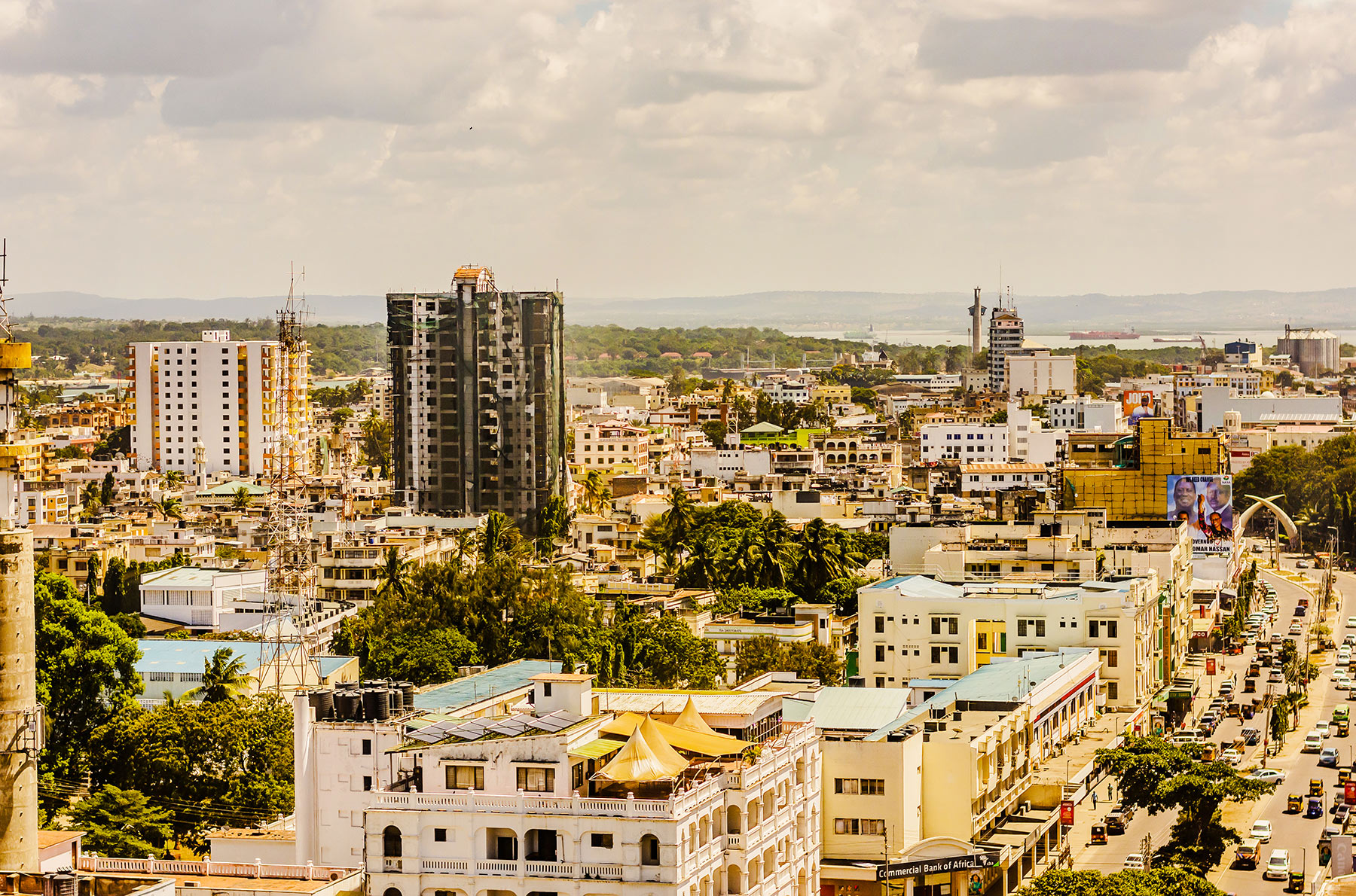FEBRUARY 2023
Dear friends and colleagues,
Happy New Year! The outlook for Africa is gradually improving, with growth expected to rebound to around 4% for 2023 to 2024 according to the African Development Bank. Yet, nearly half of African countries are in debt distress or at high risk of debt distress. But who owns Africa’s public debt? As our chart of the month illustrates, private creditors account for 44% of Africa’s external debt.
The African Union and its agencies recently hosted two crucial summits that speak to some of our work at the Carnegie Africa Program. At the Africa Food Summit, 34 heads of state and government, 70 government ministers, and private sector leaders pledged to allocate at least 10% of their public financing to agriculture. The Dakar Financing Summit, held just days later, focused on financing the second Priority Action Plan of the Programme for Infrastructure Development in Africa; it involves over 70 continental infrastructure projects.
Coincidentally, the intersection of agriculture and infrastructure is the focus of the first essay in our new Africa Investments Debates series. Leading Kenyan economist David Ndii argues against an infrastructure-led growth paradigm. Rather than trying to fuel growth through investments in infrastructure, Ndii argues that a greater focus on increasing agricultural productivity would be a better strategy for many African countries due to the nature of their factor endowments: a relative abundance of land over labor.
Speaking of infrastructure, Katie Auth's new article explains how U.S. efforts to advance international climate action align and conflict with the visions African countries have put forward for their own energy transitions. She concludes the analysis with recommendations on how to address tensions toward mutually beneficial outcomes.
Finally, Nigeria's 2023 presidential elections, just weeks away, will occur amidst crucial economic, political, and security concerns. In a new Afrobarometer survey gauging the mood of the Nigerian public in the runup to the election, nearly two-thirds (63 percent) of voters aged thirty-five or younger say they have no party preference, nine in ten citizens (89 percent) feel the country is going “in the wrong direction,” and only about one in ten Nigerians (11 percent) regard the country’s economy as performing well. So much is at stake for how the election is conducted, and more importantly the huge task that awaits a new president to turn Nigeria around.
Sign up for our monthly newsletter to keep up with the program's events and publications.
Warm wishes,
Zainab Usman
Director, Carnegie Africa Program
CHART OF THE MONTH

February 2023 Chart of the Month
FEATURES
The climate and energy policies of the United States and African countries should build on three shared interests—and address three strategic tensions. Katie Auth
Instead of fixating on infrastructure, African countries should look to the experience of Latin American countries with similar resource endowments: a greater relative abundance of land than low-cost labor. David Ndii
The Biden administration wanted to send a clear message of strong re-engagement in Africa. Matthew Duss & Gilles Yabi
With the U.S.-Africa Leaders Summit, Washington appears to be finally reframing its relationship with Africa in largely positive terms. Yet much hinges on the financing and implementation of the dozens of initiatives announced at the summit. Zainab Usman, Juliette Ovadia, & Aline Abayo
DEVELOPMENTS ON OUR RADAR
- Comoros to chair African Union in 2023. [African Intelligence]
- Ethiopia’s Chinese-built railway creates a $60 million headache. [Semafor]
- Putting Africa at the heart of the global energy transition, thanks to its critical minerals. [The Africa Report]
- Zambia and UAE sign landmark agreement for $2 billion renewable energy investment. [Lusaka Times]
- U.S.-Kenya trade talks take aim at textiles. [Sourcing Journal]
